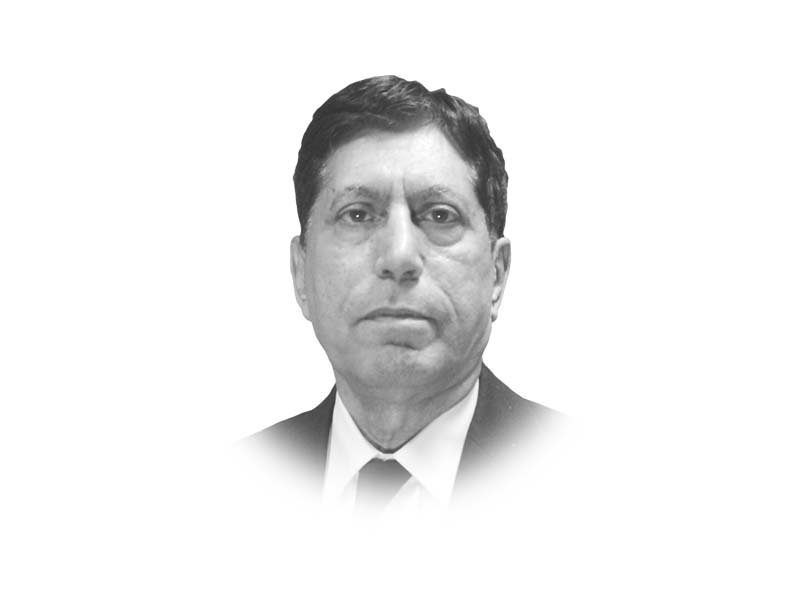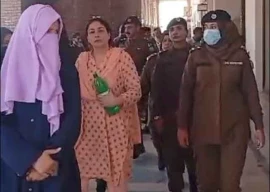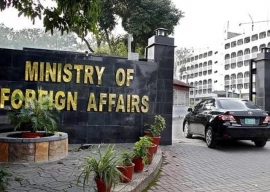
Iran and Saudi Arabia are the two main rivals for regional supremacy in the Middle East. Both are oil-rich countries. Both have authoritarian systems of governance. They also have a claim to the leadership of the two main Muslim sects. However, all these similarities have not been able to steer them any closer; the last, in fact, resulting in giving impetus to sectarian divide, which has now grown to such a proportion that it has torn apart the entire Middle East.
Tensions between Iran and Saudi Arabia have their roots both in geography and history, but the present discord has more recent dimensions. Saudi Arabia, together with its Arab partners, has been explicit in its suspicion of Iran and accuses it of meddling in the internal affairs of Arab states right from the time of the Iranian Revolution of 1979. Many Arab states are furious at Tehran’s direct military, political and financial support to Assad’s regime in Syria. They have taken exception to the manner in which Iran gained strength in Iraq through its proxies after Saddam Hussein’s fall from power.
Iran, on the other hand, blames Saudi Arabia for promoting sectarian divide in Muslim states, specifically in the Middle East where the latter wields great leverage. Iran’s Supreme leader, Ayatollah Khamenei, has roundly condemned the execution of Sheikh Nimr. President Hassan Rouhani ordered the arrest of protestors responsible for the attack on the Saudi mission in Tehran, but also condemned the execution of the religious scholar.
Non-state actors supported by both Iran and Arab states have played havoc with inter-state relations in the region. Militant groups of various sectarian hues have become so powerful that they have rendered regular state forces ineffective, dictating terms and coercing states to view everything through their ideological glasses. Syria, Iraq and Yemen are classic examples of states where no law exists.
Another major irritant in Arab-Iran relations is the nuclear deal struck between Iran and the big powers. Arab states have always felt uneasy about its outcome and have been suspicious about Iran’s intentions. Tehran has insisted that its nuclear programme is a peaceful one. However, the dilemma that the deal has produced is that while some mutual trust has been established between Iran and the US, a total lack of confidence has also emerged between Iran and the Arab states, as well as between the US and Arab states, which now fear that a new balance of power is emerging, with Iran at its centre.
While there is little possibility of a direct immediate military confrontation between Tehran and Riyadh, the new UN-sponsored road map for resolving the Syrian crisis is in danger of becoming the most serious fatality of the Saudi-Iran stand-off. The road map had emerged after painstaking efforts of several years and is backed by all big powers. It is now important that the international community ensures that the road map stays on track at all costs.
Published in The Express Tribune, January 11th, 2016.
Like Opinion & Editorial on Facebook, follow @ETOpEd on Twitter to receive all updates on all our daily pieces.








































COMMENTS (1)
Comments are moderated and generally will be posted if they are on-topic and not abusive.
For more information, please see our Comments FAQ